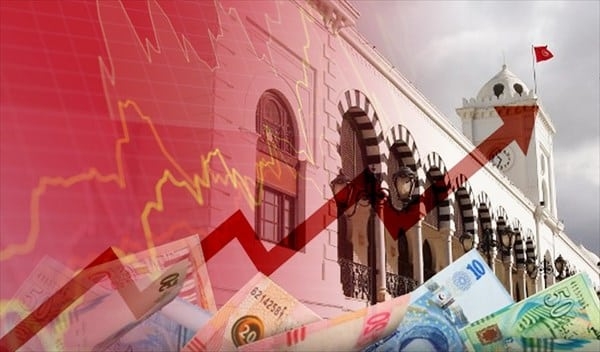The Tunisian state budget recorded a surplus of 2 billion dinars in the first quarter of 2025, according to a note published by the Ministry of Finance.
This positive balance represents an increase of 74% compared to the same period of the previous year, where the excess amounted to 1.2 billion dinars.
Progress tax revenues
Improving the budget balance is mainly due to an increase in state resources, which increased by 3.9% to 12.5 billion dinars.
Tax revenues climbed 7.7%, reaching 11.2 billion dinars. Non -tax revenues, for their part, have increased slightly by 2%, to stand at almost 1.2 billion dinars.
Stable loads
The budgetary charges remained almost unchanged, recording a very slight drop of 0.6%, for a total of 10.3 billion dinars. However, several contrasting developments should be noted.
Compensation expenses increased by 3%, from 5.31 to 5.48 billion dinars. State interventions jumped 16%, reaching 2.4 billion dinars. On the other hand, investment expenditure dropped by 33.7%, to 0.5 billion dinars.
Management expenses also fell 27.7%, to 0.2 billion dinars. Financing charges – essentially the interest of debt – fell 10.4%, to 1.6 billion dinars against 1.8 billion a year earlier.
Expenses always dominated by wages
The ventilation of public spending shows a predominance of wage charges:
- Compensation: 53.2% of total spending
- Interventions: 23.3%
- Financing charges: 15.9%
- Investment: 5%
- Management: 2.6%
Cash in clear improvement
Cash resources increased significantly by 49.8%, reaching 5.5 billion dinars. These were largely mobilized to reimburse the principal of public debt.
Despite the drop in interest paid, the total public debt service increased by 26%, from 7.2 to more than 9 billion dinars during the first quarter.
External debt currently represents 57% of the overall volume of public debt, or around 5.2 billion dinars.








